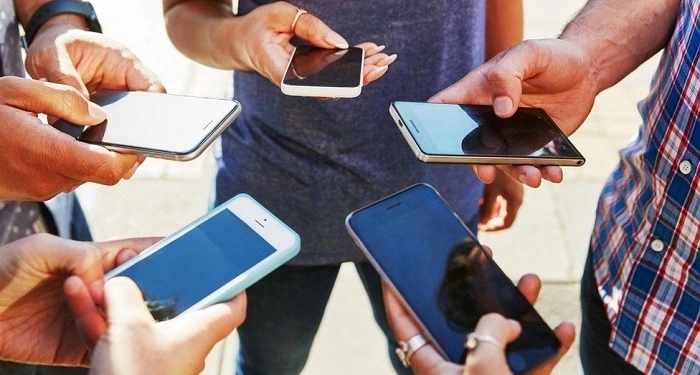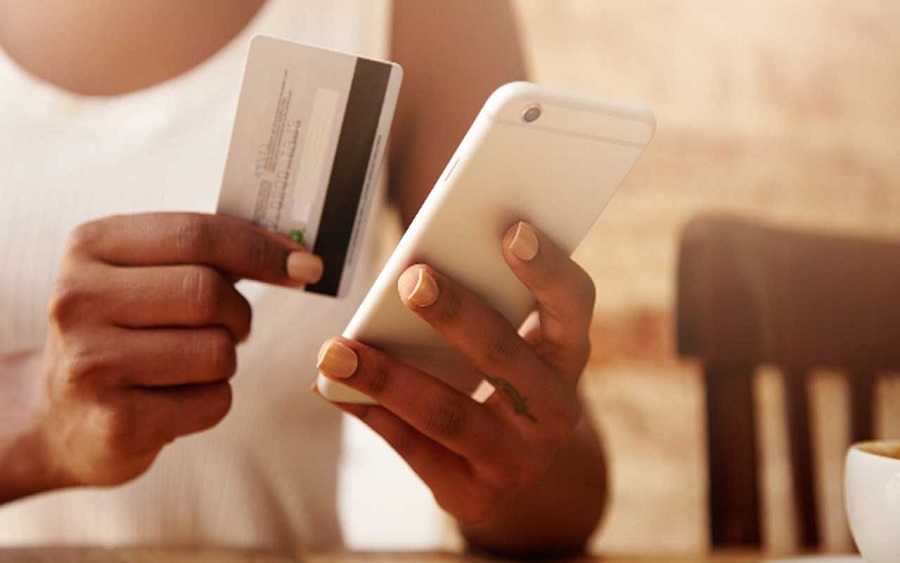GSMA, the global body of mobile network operators has said that about 120 million Nigerians had no access to mobile internet at the end of 2023, thus creating a huge usage gap for the country.
The body disclosed this in its ‘State of Mobile Connectivity Report 2024’ just released. It described the usage gap as the population who live within the footprint of a mobile broadband network but do not use mobile internet.
Globally, GSMA said some 3.45 billion people, representing 43% of the global population still had no access to mobile internet at the end of last year.
“The least connected region globally is Sub-Saharan Africa, where only 27% of the population are using mobile internet services, leaving a 13% coverage gap and a 60% usage gap,” GSMA stated.

Barriers to access
The report noted that for the unconnected in Low and medium-income countries (LMICs), which include Nigeria, device affordability and digital skills and literacy are the main barriers to mobile internet adoption.
“In these countries, entry-level internet-enabled devices cost 18% of average monthly income, with this rising to 51% for the world’s poorest 20%.
“In Sub-Saharan Africa, which accounts for a quarter of the global unconnected population, this rises to 99% of average monthly income for the region’s poorest 20%,” it said.
- It further identified a lack of digital skills and literacy as the second-biggest barrier overall, but the top issue in Asian countries surveyed as part of the new report.
- The other established barriers to people using mobile internet are a lack of relevant, localised content and services, concerns over safety and security, and limited access to additional critical infrastructure and services such as electricity.
Enabling meaningful connectivity
The report noted that while the majority of people who use mobile internet do so daily, it is typically for only a relatively small number of the most popular use cases, adding that an average of 43% of mobile internet users in surveyed countries reported wanting to use it more.
“Among those already using mobile internet, the most commonly reported barriers to increased usage include safety and security concerns, affordability (particularly of data but also handsets), and the connectivity experience,” GSMA stated in the report
- It added that while the vast majority of people worldwide now access the internet on a 4G or 5G smartphone, one in five mobile internet subscribers are still using 3G smartphones or a feature phone.
- This reaches more than a third in Latin America & the Caribbean and MENA and almost two-thirds in Sub-Saharan Africa, limiting the range and depth of online and digital experience among users.
Bridging the gap
Commenting on the survey’s findings, John Giusti, Chief Regulatory Officer at the GSMA, said while progress continues to be made in improving infrastructure and increasing mobile internet adoption, significant digital divides exist.
“In addition, although most users access mobile internet daily, their activities are often limited to just one or two activities, even though many express a desire to do more.
“This highlights persistent barriers – affordability, lack of skills and literacy, concerns around safety and security and a lack of relevant content and services – that prevent users from getting online and then using mobile internet to meet their life needs once they are online.
“Governments, mobile operators, and international organisations must collaborate to address barriers such as affordability, digital skills, and awareness of mobile internet and the benefits it can provide.
“This effort must also focus on investing in local, digital ecosystems and ensuring robust online safety frameworks,” he said.
What you should know
According to data from the Nigerian Communications Commission (NCC) mobile internet subscriptions in Nigeria stood at 163.3 million as of December 2023.
In the same period, actively connected mobile lines stood at 224 million, indicating that about 61 million of the connected lines were not being used to access the internet.
























